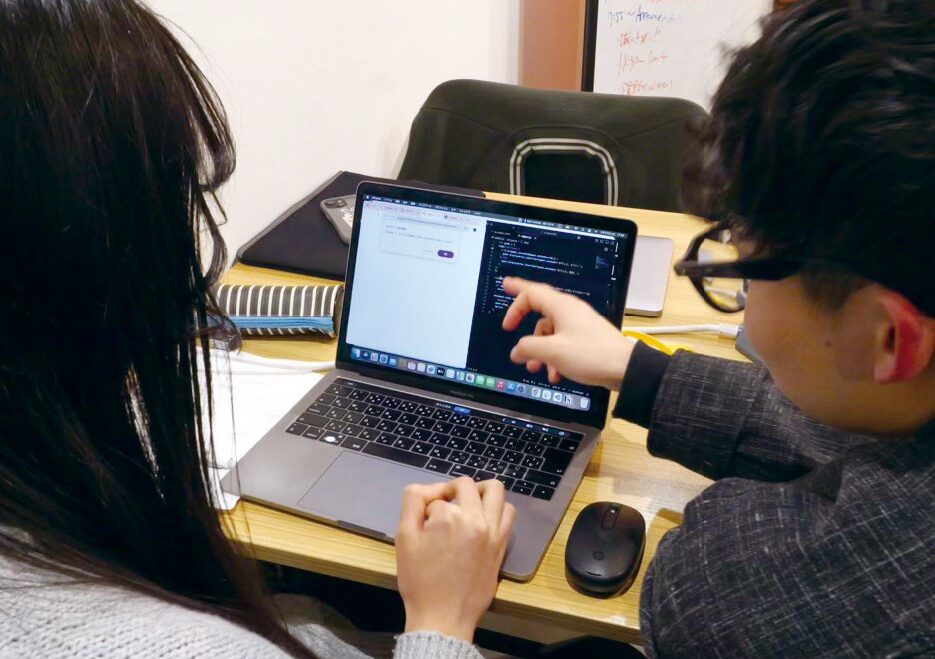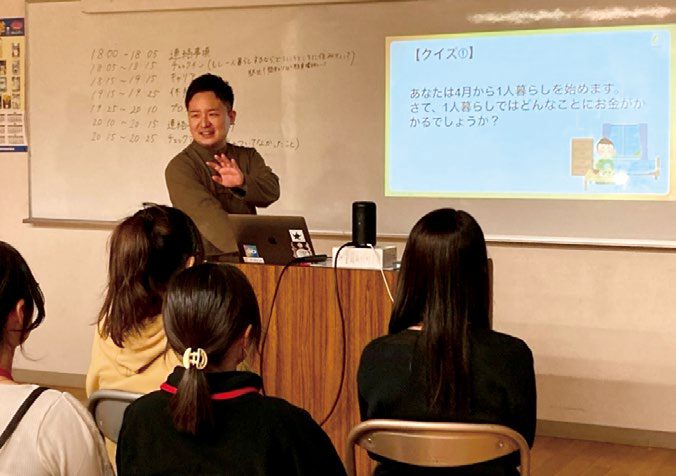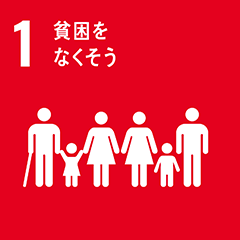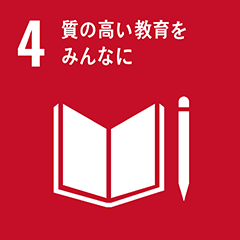Inochi Declaration
By combining digital education with personalized support, break the cycle of poverty and create a “cycle of hope” for children facing adversity.
Today, one in nine children in Japan lives in relative poverty. A family’s economic circumstances significantly affect a child’s self-esteem, educational background, and future employment, often contributing to school refusal and social withdrawal. Additional challenges such as being a young carer, living with developmental disabilities, or having foreign roots further deepen opportunity gaps.
While support for younger children—such as meal programs, learning assistance, and safe spaces—is gradually increasing, there remains a significant gap in support for high school students, who have completed compulsory education. Children facing hardship often lack opportunities to develop interests, experience learning beyond school, form social connections, or acquire planning and metacognitive skills. Support for developing “self-agency”—the ability to act independently for future economic and emotional self-reliance—is also limited.
Certified NPO CLACK provides digital and career education combined with close accompaniment for high school-aged youth experiencing difficulties, aiming to break the cycle of poverty. In partnership with Boards of Education, high schools, NPOs, and social workers, CLACK operates mainly in Tokyo and Osaka to create safe spaces where youth can learn proactively.


Digital and career education for children facing difficulties
In its “Tech Runway” program, CLACK provides three months of digital and career education completely free of charge—including tuition, transportation costs, and laptops—ensuring that financial hardship does not hinder learning. After acquiring skills, participants are offered practical experiences before entering society, cultivating experience, relationships, and thinking capacity. This fosters a cycle of learning and action that expands their future options. To date, approximately 500 youth have participated in the program, with a completion rate of 93.8% over the past three years. Around 50% of graduates have advanced to IT-related universities or vocational schools or found employment at tech companies, including those from single-parent households or with histories of school refusal.
As AI technology continues to advance rapidly, the job market is evolving at an unprecedented pace. CLACK plans to respond to these changes by expanding its curriculum and developing online programs so that all youth, regardless of location, can access high-quality education and opportunities for challenge. Through these efforts, youth raised in adversity who overcome poverty, discrimination, prejudice, and division to live independently and stay connected with others will serve as beacons of hope for children in similar situations. Ultimately, this can create a “cycle of hope” where every child—regardless of the environment into which they were born—feels empowered to seize their future and shape their own path.
The Inochi Forum will promote collaboration with various educational support organizations like CLACK, integrating wisdom and resources passed down from the past with new technologies and approaches. Together, we will expand this “cycle of hope” nationwide and carry the torch of Inochi into the future.
[References]
・Ministry of Health, Labour and Welfare “Comprehensive Survey of Living Conditions” (2022)
https://www.mhlw.go.jp/toukei/saikin/hw/k-tyosa/k-tyosa22/dl/14.pdf
・Nippon Foundation “Young Carers in Numbers”
https://youngcarer.jp/report/
・Ministry of Education, Culture, Sports, Science and Technology (MEXT) FY2023 Survey on Problematic Behavior, Absenteeism, and Related Issues
https://www.mext.go.jp/content/20241031-mxt_jidou02-100002753_2_2.pdf
[Action Platform]
Economy, Employment and Poverty
[SDGs]




